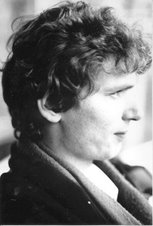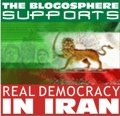
Today most of my Indian friends will be celebrating their Diwali. My daughters had some celebration in the school yesterday to understand all different religion. Some were dressed up within Indian tradation costumes Saree and some brought some Diwali sweets. Let me give you some idea about Diwali:
Divali, or Deepavali (in
Hindi - दिवाली or दीपावली), is a major
Indian festival, significant in
Hinduism,
Jainism and
Sikhism. Celebrated by
Hindus,
Jains and
Sikhs across the globe, as the "Festival of Light," where the lights or lamps signify the uplighting of darkness and victory of good over the evil within.
The day also commemorated the homecoming of King
Rama of
Ayodhya, after a 14-year exile in the forest
[1], and thus the people of Ayodhya (the capital of his kingdom) welcomed him back by lighting up rows of lamps (deepa-wali), thus its name, Deepawali, or simply shortened as Divali.
The celebrations focus on lights and lamps, particularly traditional dīpa or deeya (earthen lamp), and fireworks. Though colloquially called Divali in
North India, in
South India it is called Deepavali.
Divali is celebrated for five consecutive days at the end of Hindu month of
Ashwayuja (amanta). It usually occurs in October/November, and is one of the most popular and eagerly awaited festivals in
India. Divali comes exactly twenty days after
Dussehra. Hindus, Jains and Sikhs alike regard it as a celebration of life and use the occasion to strengthen family and social relationships. For
Hindus it is one of the most important festivals, and beginning of the year in some
Hindu calendars, especially in
North India. for
more info:Happy Diwali






